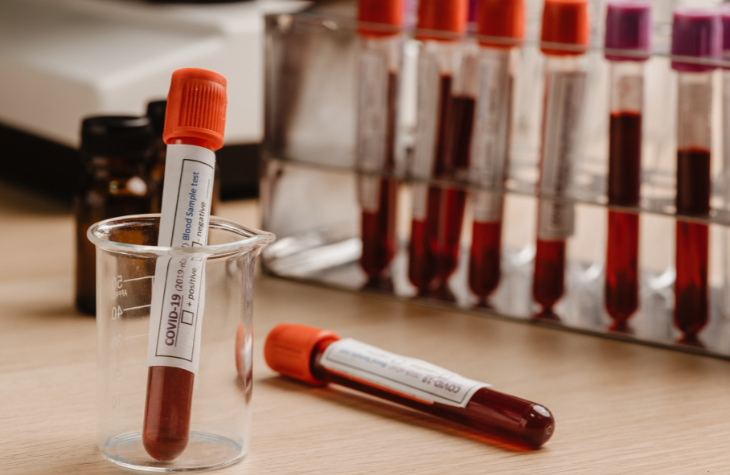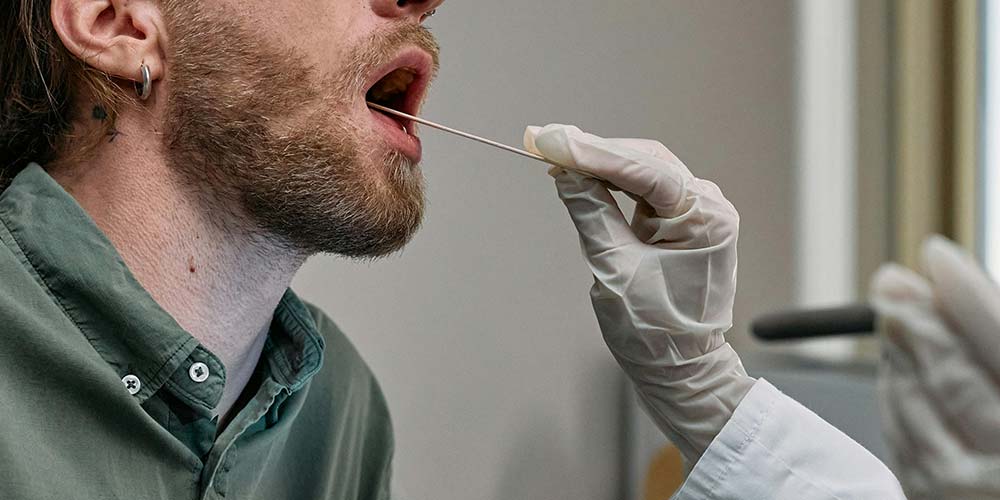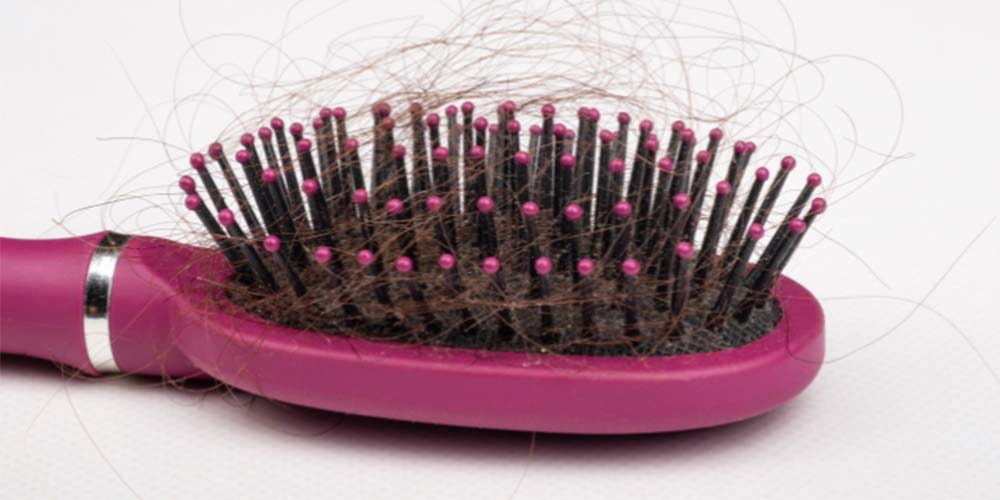Ambien (zolpidem) is a prescription medication designed to treat insomnia by promoting faster sleep through its impact on brain chemicals that control sleep. Although it is effective for short-term sleep issues, prolonged use or misuse can result in dependency and addiction. Knowing how long Ambien remains in your system is important for ensuring safe usage, managing withdrawal, and seeking appropriate addiction treatment.










